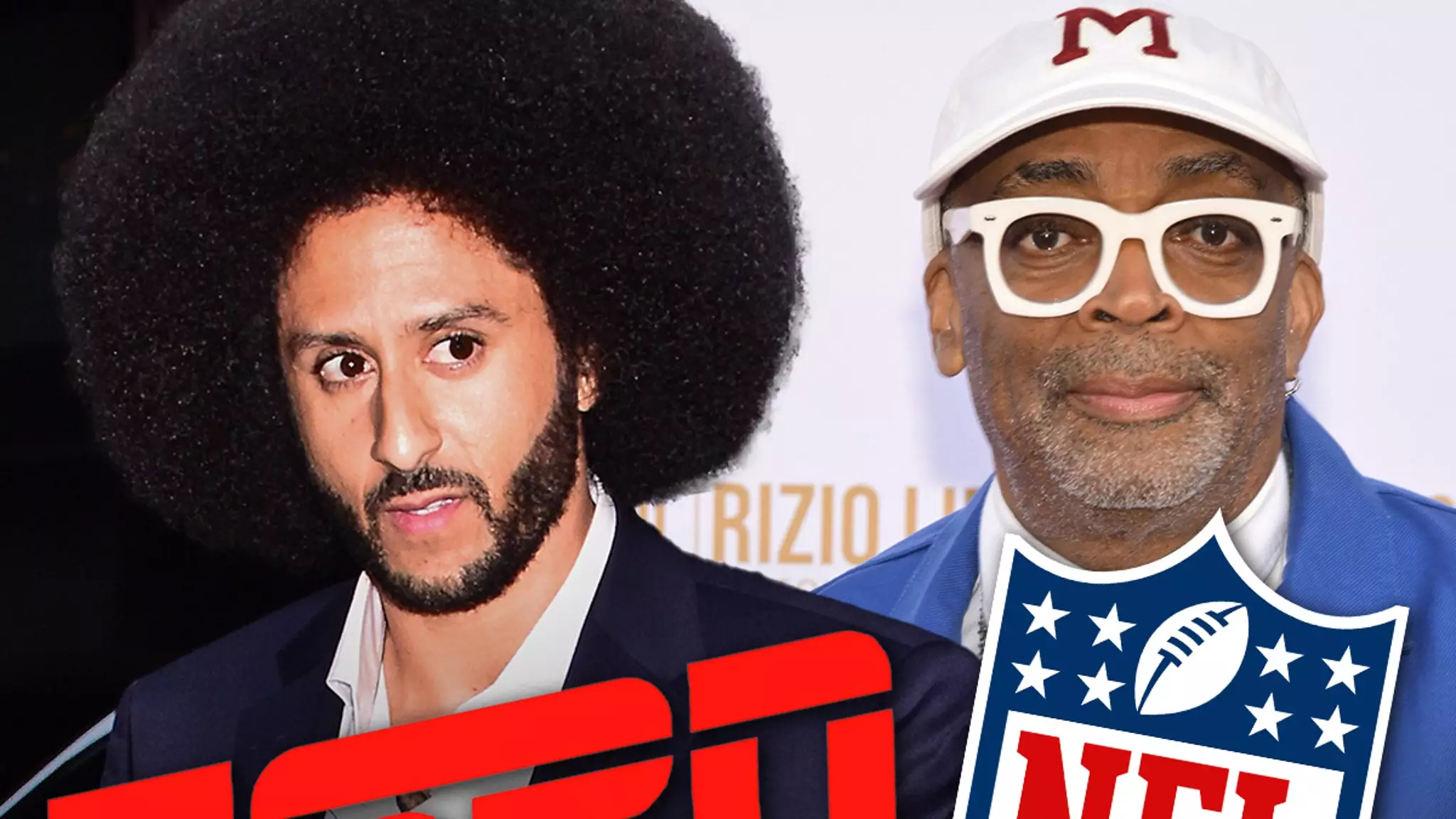In recent weeks, news about Spike Lee’s planned documentary on Colin Kaepernick has ignited a whirlwind of speculation. The initial reports suggested that the project was scrapped due to external pressures, particularly from powerful entities like the NFL or ESPN’s broadcasting partners. However, a deeper analysis reveals a far more complex picture that exposes the often unseen dynamics within the entertainment and sports industries. While many assumed that external influence, especially from the NFL, played a role in halting the documentary, emerging sources clarify that the decision was rooted in internal creative differences.
This situation underscores the importance of critically examining official statements. The joint declaration from Lee and ESPN cited “creative differences,” a broad term that often masks underlying disagreements about vision, messaging, or editorial control. Such language tends to be a diplomatic way of avoiding direct culpability, yet it invites skepticism given the high stakes involved—particularly when it concerns a politically charged figure like Kaepernick and a powerful network such as ESPN.
Contrary to popular belief, the NFL’s influence appears minimal in this decision. Despite their longstanding partnership and recent investments in ESPN, sources confirm that the league had no direct involvement in the project’s cancellation. This dispels the popular misconception that the NFL, known for its complex relationship with Kaepernick over national anthem protests, exerted pressure to suppress the documentary. The reality suggests that internal creative conflicts within ESPN and possibly Spike Lee’s own vision were the primary catalysts.
Furthermore, the timing of the cancellation emphasizes that this was not a recent development. The project was announced amidst ongoing conversations about race, activism, and sports, yet the decision to shelve it was made over a year ago, in summer 2022. This indicates a careful, possibly cautious approach by the network and the filmmaker, likely influenced by broader industry considerations ranging from audience sensitivities to editorial independence.
The failure to bring this story to audiences raises questions about the media’s role in shaping narratives around activism and sports. By framing the cancellation as solely influenced by external forces, the public may overlook the internal conflicts that often dictate what gets produced and what remains hidden behind the scenes. Lee’s documentary was poised to be a critical exploration of Kaepernick’s journey, racial injustice, and the political landscape that intersects with sports. Its potential absence represents a missed opportunity to challenge mainstream narratives and push for more honest storytelling.
As the story unfolds, the question remains whether Spike Lee will seek to reframe or revive the project elsewhere. Regardless, the controversy surrounding its cancellation underscores that the true story is far more nuanced—and that Hollywood industry dynamics and internal creative strategies often wield more power than overt external pressures. The reality is that behind every canceled project, there are complex negotiations, disagreements, and unspoken conflicts that shape what reaches the public eye.

